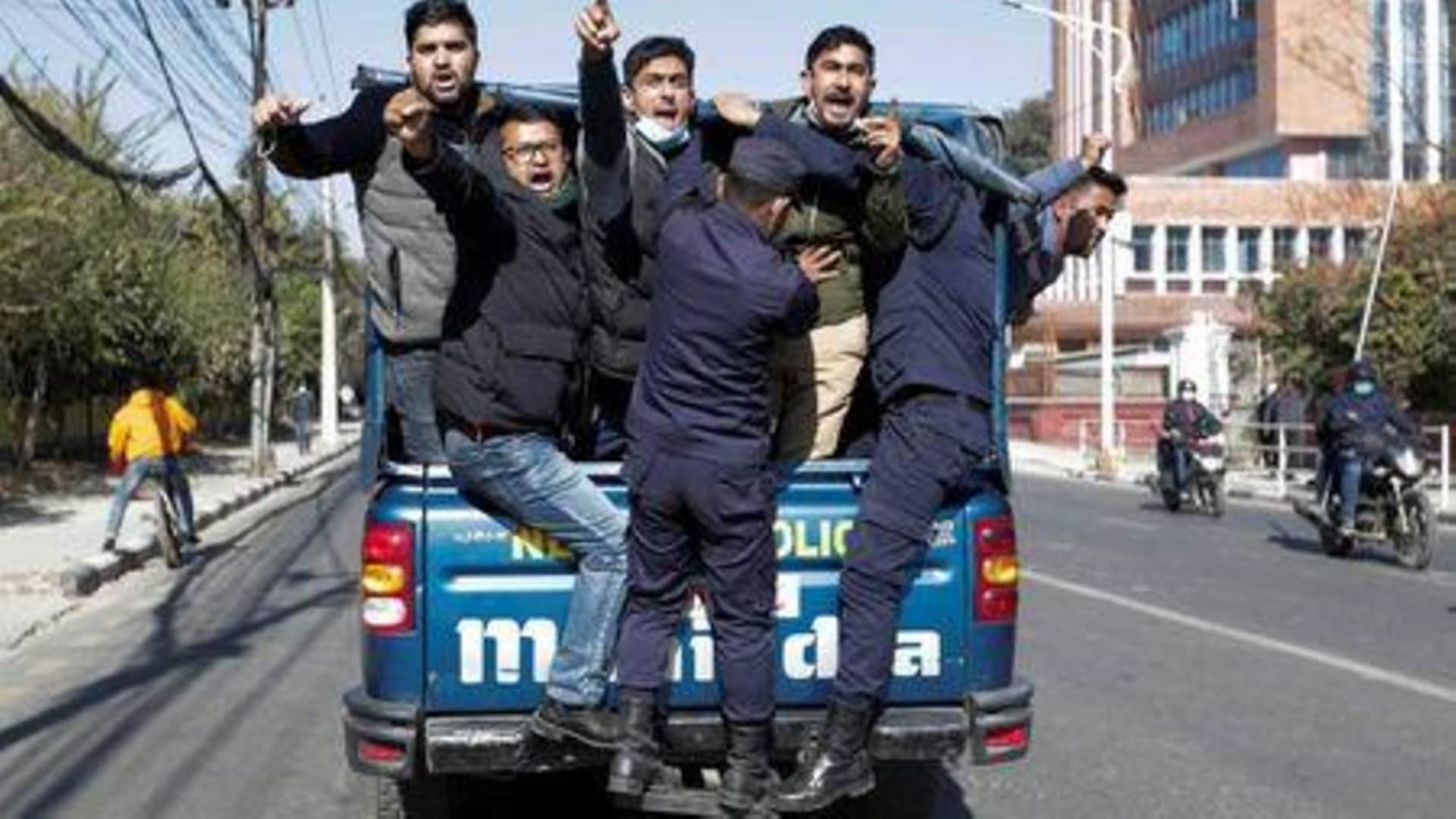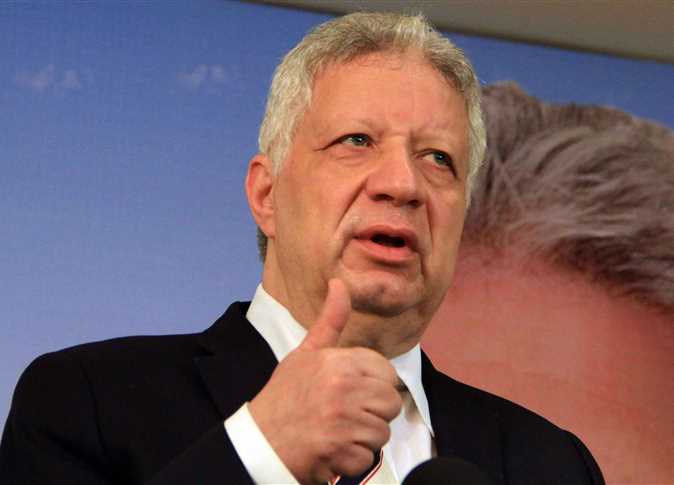Egypt is still incapable of holding free and fair elections and the state’s institutions need to be further developed to ensure their success, said international experts specialized in the field of electoral monitoring. The comments were made during the UNDP “Community of Practice on Electoral Assistance for the Arab Region,” which opened in Cairo on Monday.
Antonio Spinelli , the regional director of the International Foundation for Election Systems (IFES), a non-government organization for monitoring international elections, said that certain institutions, and in particular the judicial institutions responsible for supervising the election process, need a great deal of technical support.
Spinelli went on to say that Egypt’s electoral process needs modern monitoring mechanisms, in addition to an alternative way in which supervisors and monitors manage the electoral process.
"According to our reports on the referendum on constitutional amendments, the problem also lies in the lack of the necessary infrastructure needed to hold elections."
Meanwhile, Kevin Deveaux, the UNDP's Parliamentary Development Policy Adviser, said the support offered by the United Nations and other institutions will not only involve the support of state institutions, but will also include the education of various political party cadres and the promotion of the role of women as electoral candidates and party leaders.
Ali al-Sawi, a professor of political science at Cairo University, said that the university would be involved in training 250 judges who are expected to supervise upcoming parliamentary elections slated for September.
Al-Sawi went on to say that the judges would receive training on these modern mechanisms in cooperation with IFES, which granted US$8000 for this purpose. Al-Sawy stressed the importance of both official and non-official foreign agencies declaring their support for any training programs or activities.
Noha al-Mikawi, the UNDP governance advisor in Cairo, said that the Egyptian government must be notified of any international civil society activities that take place on an institutional level. The Egyptian government previously announced that financial difficulties were standing in the way of using modern technology in the electoral process.
It also said that with parliamentary and presidential elections just around the corner, the time factor also posed a problem. The government went on to say that it welcomes the use of modern monitoring techniques which can help facilitate technical aspects of the electoral process.




